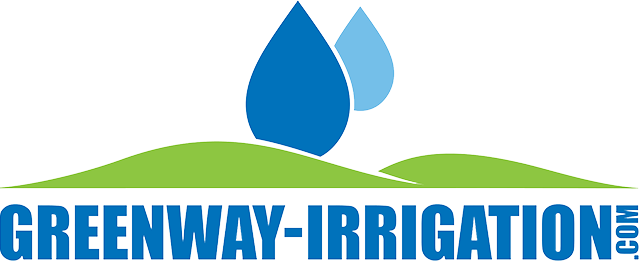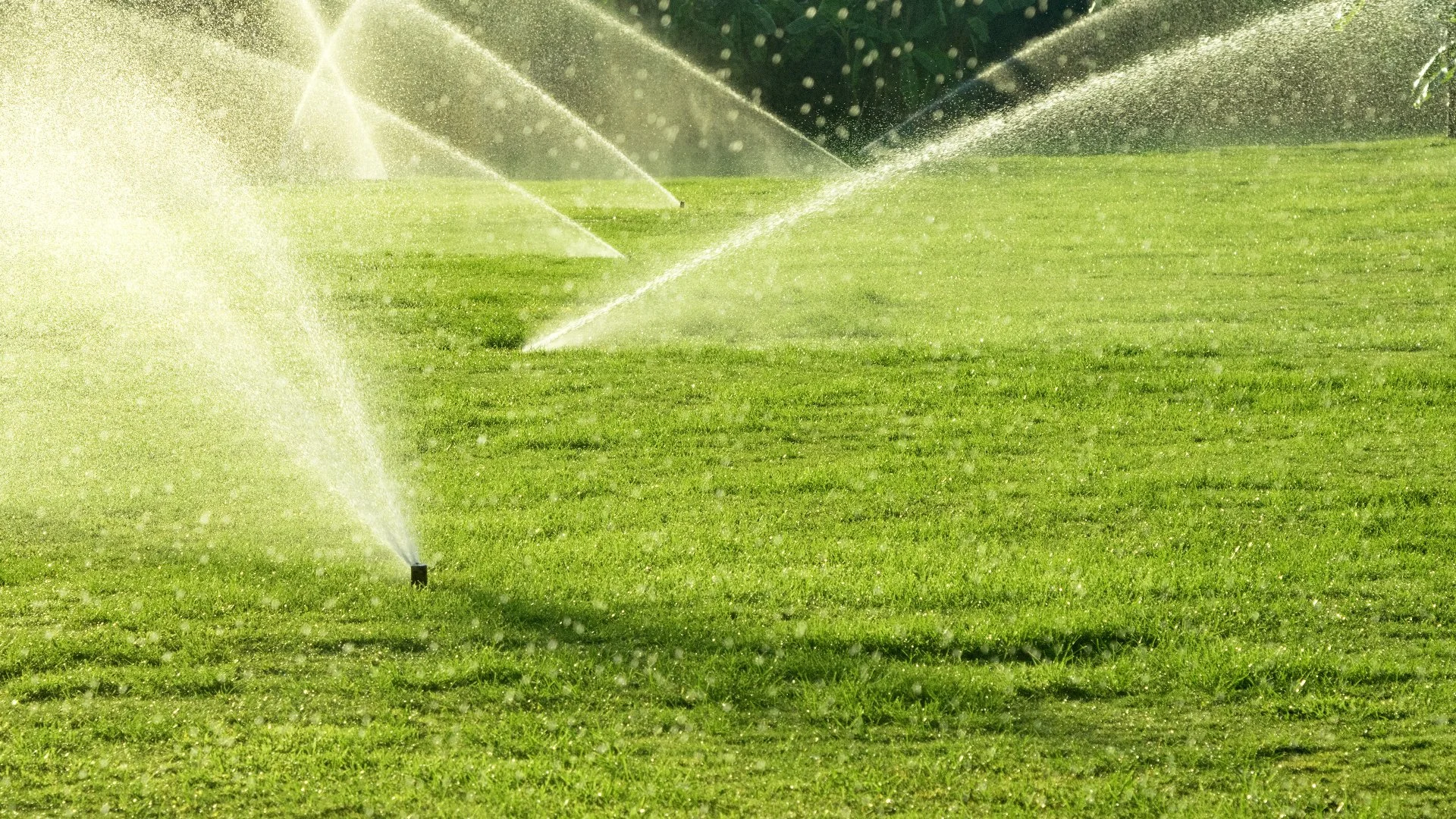Our Areas of Expertise
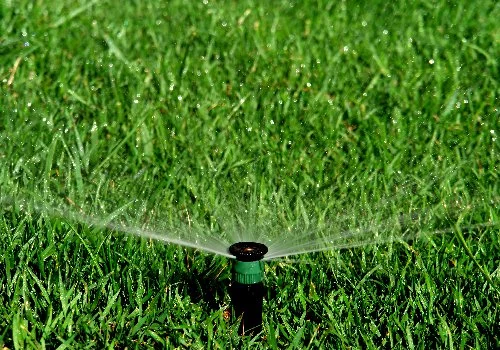
Irrigation Systems Services.
Irrigation systems are maintained through seasonal care and timely repairs, with new installations available as well.
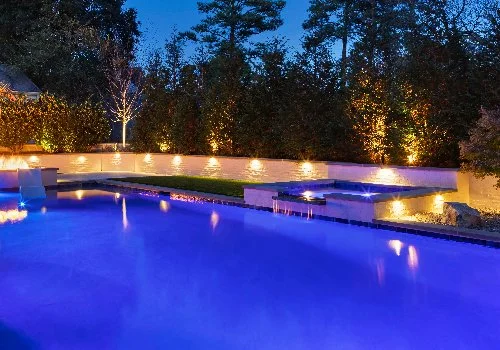
Landscaping Services.
Landscaping services are provided to enhance and maintain the beauty and functionality of your outdoor space.
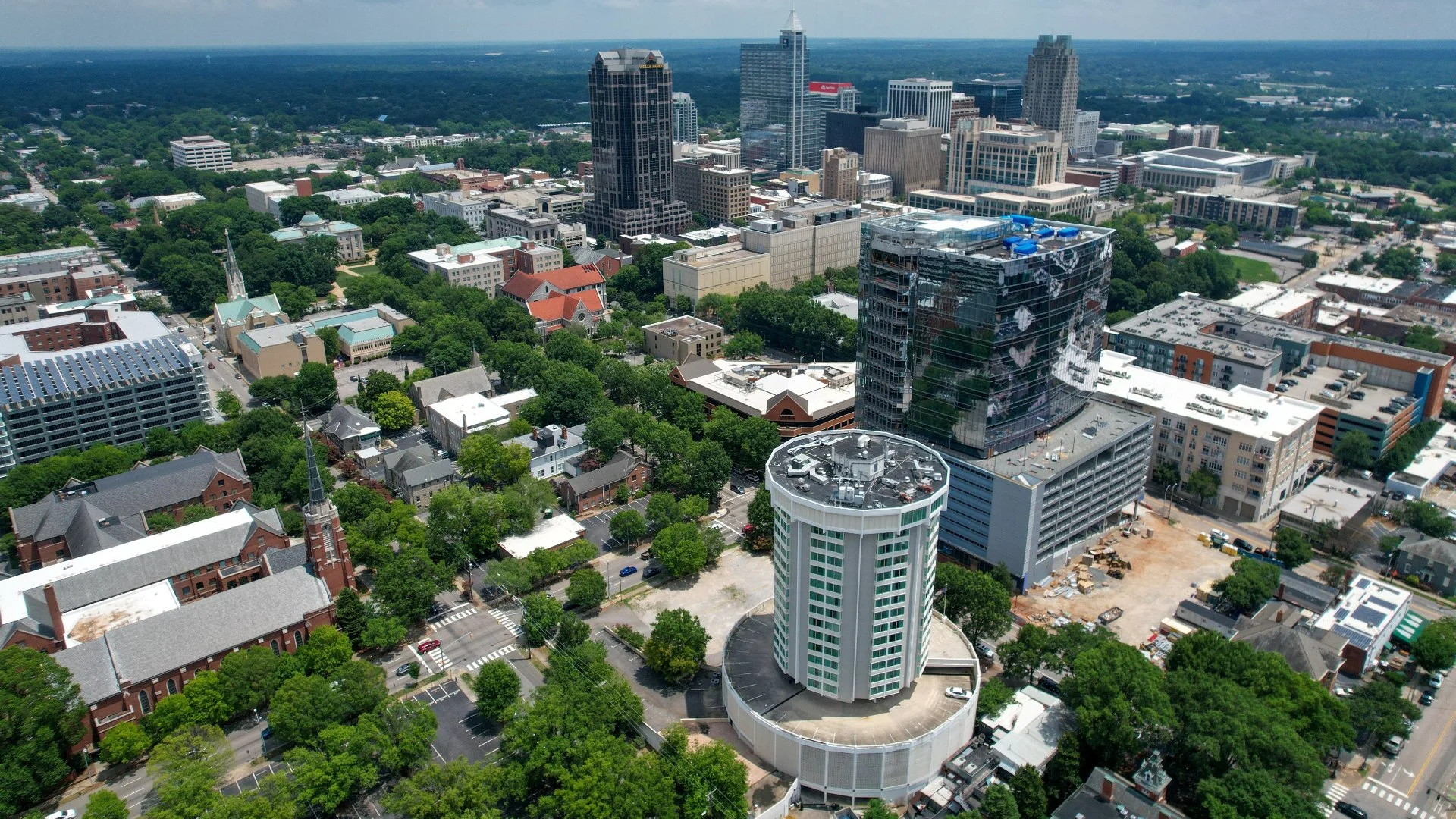
We Serve the Greater Triangle Area in North Carolina
We offer our services to North Carolina residential properties in the Greater Triangle Area, including Cary, Chapel Hill, Raleigh. Call us at (919) 217-4340 if you don't see your area listed to find out if we provide our services there!
About Greenway Irrigation
Since 1992, our team at Greenway Irrigation has built an excellent reputation in our community for delivering top-notch irrigation and landscaping services along with outstanding customer support. With our extensive experience, positive reviews, and A+ rating from the Better Business Bureau, you can trust that partnering with us is a great choice!
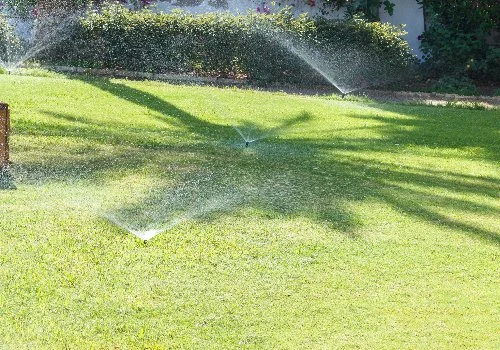
What Do Our Customers Say? Read Our Reviews
As an avid gardener with multiple specialized gardens in my yard, proper and efficient irrigation is essential. I have been so pleased with Greenway Irrigation and the knowledge and dedication of their service tech Jose C. Our system recently needed some "tweaking" and repair. Jose spent hours adjustings run times and repairing sprinkler heads until he got it right. The following month our irrigation water bill with the City of Raleigh was down by $100 after he worked on the system. It is wonderful to have such a knowledgeable person looking out for us!
Kimberly C.
I had Greenway Irrigation and Lighting repair my leaking irrigation back flow. The technician, Anthony, did an excellent job of making the repairs. He was punctual and very knowledgeable. Throughout the repair, he kept me informed on his progress. Once the repairs were completed, he cleaned the work area and had it looking better than it did before he started the job.
Thanks Greenway and Anthony for a job well done.
Anthony B.
Professional job, very high quality components, good advice about installation. Nava and crew did great work with the install. Ricardo came by and took care of some bare spots. He even noticed a small leak I had forgotten to mention to him. Very thorough.
Robert B.
Anthony was very professional and knowledgeable with a fantastic work ethic. He repaired our sprinkler system that was damaged during a main water line replacement to get everything back up and running again. I appreciate his communication to clearly define the issues and proposed solutions. Very well done!
Chris C.
